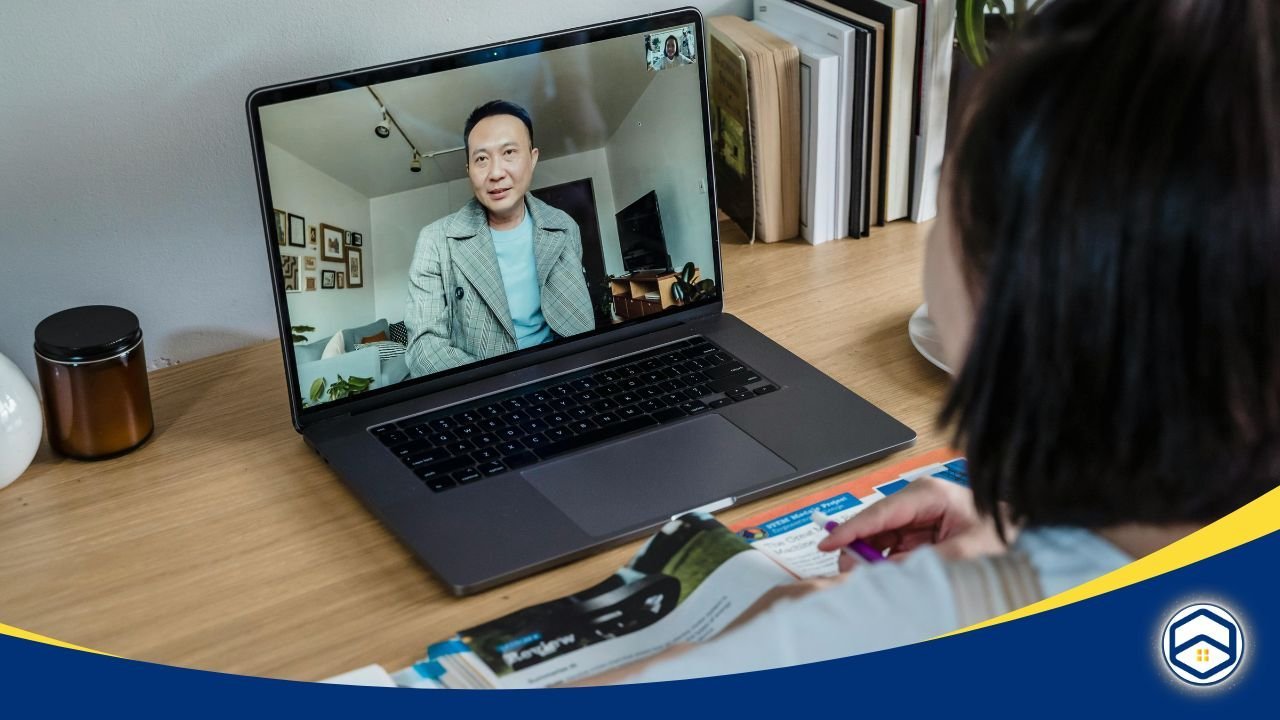Buying a property abroad can be an exciting and rewarding endeavor, offering the allure of new cultures, climates, and investment opportunities. However, it also comes with its own set of challenges and considerations. This guide aims to provide a detailed roadmap for those looking to purchase real estate in a foreign country, ensuring you are well-prepared and informed every step of the way.
Why Buy a Property Abroad?

There are numerous reasons why people choose to buy a property abroad, including:
- Investment Opportunities: Foreign real estate can be a lucrative investment, often providing higher returns compared to domestic markets. By exploring international markets, investors can identify emerging opportunities and capitalize on favorable economic conditions.
- Lifestyle Choices: Many people dream of owning a vacation home or retiring in a picturesque location. Whether it’s a beachfront villa in the Mediterranean or a chalet in the Swiss Alps, buying a property abroad can turn those dreams into reality, offering a serene escape from the hustle and bustle of everyday life.
- Diversification: Buying a property abroad can diversify your portfolio, spreading risk across different markets. This strategy can provide a hedge against economic downturns in your home country, as well as currency fluctuations, thereby stabilizing your overall financial portfolio.
- Cultural Experience: Living in a different country can offer unique cultural experiences and a new way of life. It allows you to immerse yourself in a different culture, learn new languages, and enjoy local customs and traditions, enriching your personal and professional life.
Key Considerations Before Buying a Property Abroad

1. Research the Market
Understanding the real estate market of the country you are interested in is crucial. Consider factors such as:
- Market Trends: Investigate current market conditions and future projections to make an informed decision. Look at historical data and expert forecasts to understand the potential for property value appreciation.
- Property Values: Compare property prices to get a sense of the market value. Use online resources, local real estate agents, and market reports to gauge whether properties are fairly priced.
- Rental Yields: If you plan to buy a property abroad and rent out the property, research potential rental income. High rental yields can significantly enhance the return on your investment.
2. Legal and Regulatory Environment
Each country has its own legal framework for buying property abroad. Key points to research include:
- Ownership Laws: Some countries restrict foreign ownership or require specific permits.
- Taxes: Understand the property taxes, capital gains taxes, and other fees you may be liable for.
- Legal Processes: Familiarize yourself with the local legal process for buying a property abroad, including any necessary documentation.
3. Financing Options
Securing financing for buying a property abroad can be different from your home country. Consider:
- Local Mortgages: Research if local banks offer mortgages to foreign buyers and under what conditions.
- Currency Exchange: Be aware of exchange rate fluctuations that can affect the overall cost.
- International Loans: Some international banks offer loans specifically for buying a property abroad.
4. Due Diligence
Conduct thorough due diligence to avoid potential pitfalls:
- Property Inspection: Always inspect the property in person or hire a trusted local representative.
- Title Deed Verification: Ensure the property has a clear title without any disputes.
- Local Regulations: Check for any local zoning laws or regulations that might affect your use of the property.
Steps to Buy a Property Abroad

1. Choose the Right Location
Selecting the right location is paramount. Factors to consider include:
- Climate and Environment: Choose a location that suits your lifestyle and preferences. Research the climate patterns and environmental conditions to ensure they align with your preferences and needs.
- Accessibility: Consider the ease of travel to and from the location. Evaluate transportation options, including proximity to airports, major roads, and public transportation hubs.
- Amenities: Look for nearby amenities such as healthcare facilities, schools, shopping centers, and entertainment venues. Access to essential services and recreational opportunities can significantly enhance your quality of life.
2. Engage Professional Help
Hiring local professionals can streamline the buying process:
- Real Estate Agents: A reputable local agent can help you navigate the market and find suitable properties that meet your criteria. They can provide valuable insights into local trends, property values, and negotiation strategies.
- Legal Advisors: An attorney familiar with local real estate law can protect your interests throughout the buying process. They can review contracts, conduct due diligence, and ensure all legal requirements are met to facilitate a smooth transaction.
- Financial Advisors: Consult with a financial advisor to understand the financial implications of buying a property abroad. They can help you assess your budget, explore financing options, and navigate tax considerations associated with international real estate investments.
3. Visit the Property

Never buy a property sight unseen. Visit the property to:
- Inspect Condition: Conduct a thorough inspection of the property to identify any structural issues, maintenance needs, or potential hazards. Engage qualified professionals, such as home inspectors or engineers, to assess the property’s condition objectively.
- Assess the Neighborhood: Evaluate the surrounding area to determine its suitability for your needs and preferences. Consider factors such as safety, accessibility to essential services, noise levels, and community amenities.
- Understand the Market: Gain a firsthand understanding of the local real estate market dynamics by visiting properties, attending open houses, and speaking with local residents and real estate professionals.
4. Make an Offer
Once you find a property you like:
- Negotiate: Negotiate the price and terms of the sale with the seller or their representative. Your real estate agent can provide guidance on crafting a competitive offer based on market conditions and property comparables.
- Draft a Contract: Have your legal advisor draft or review the purchase contract to ensure it accurately reflects the terms agreed upon during negotiations. The contract should outline all relevant details, including purchase price, payment schedule, contingencies, and closing timeline.
- Secure Financing: Finalize your financing arrangements by obtaining mortgage pre-approval or securing alternative financing options, if necessary. Consider factors such as interest rates, loan terms, and currency exchange fluctuations when selecting a financing option.
5. Complete the Purchase
Follow these steps to complete the transaction:
- Sign the Agreement: Sign the purchase agreement in the presence of a legal representative to formalize the sale agreement. Ensure all parties understand and agree to the terms outlined in the contract before signing.
- Transfer Funds: Transfer the necessary funds for the property purchase, taking into account any currency exchange variations and transaction fees. Work with your financial institution to facilitate a secure and timely transfer of funds to the seller’s account.
- Register the Property: Ensure the property is registered in your name with the relevant local authorities to establish legal ownership rights. Your legal advisor can assist with the registration process and ensure all required documentation is submitted correctly and on time.
Post-Purchase Considerations for Buying a Property Abroad

1. Property Management
If you do not plan to live in the property full-time:
- Hire a Management Company: A local property management company can handle maintenance, tenant placement, and rent collection.
- Regular Inspections: Arrange for regular inspections to ensure the property remains in good condition.
2. Tax Compliance
Stay compliant with both local and home country tax laws:
- Declare Rental Income: If you rent out the property, ensure you declare this income on your tax returns.
- Understand Tax Obligations: Be aware of any annual property taxes or fees.
3. Currency Management
Manage currency risks effectively:
- Use Forward Contracts: Lock in exchange rates for future payments.
- Monitor Exchange Rates: Stay informed about currency fluctuations to optimize transfer timings.
Conclusion
Buying a property abroad can be a rewarding experience, providing financial benefits and a new lifestyle. However, it requires careful planning, thorough research, and professional assistance. By following the steps outlined in this guide, you can navigate the complexities of foreign real estate and make a successful purchase that meets your needs and goals.
Whether you are looking for an investment opportunity, a vacation home, or a place to retire, understanding the intricacies of buying property abroad is essential for making informed decisions and achieving your international real estate aspirations.











